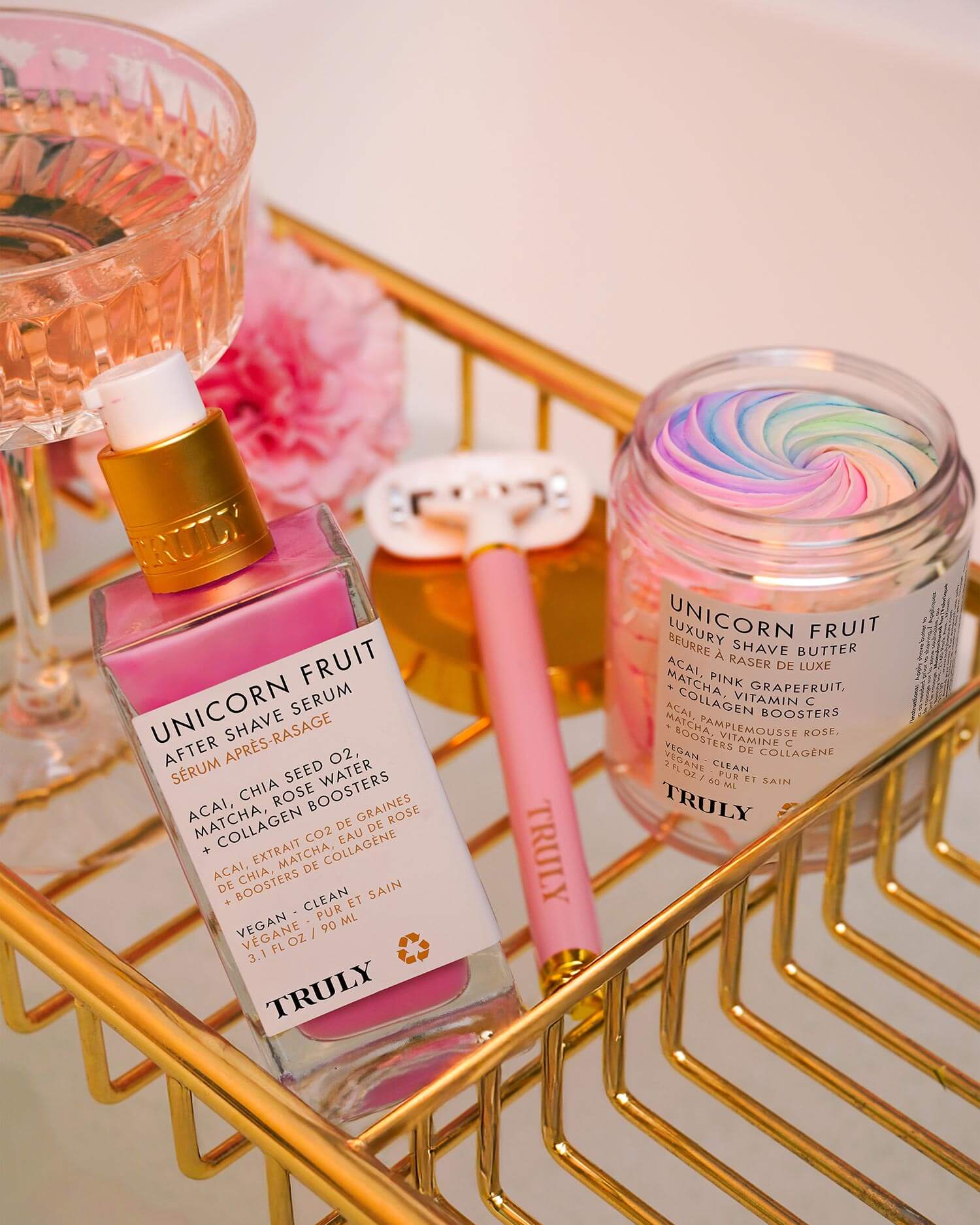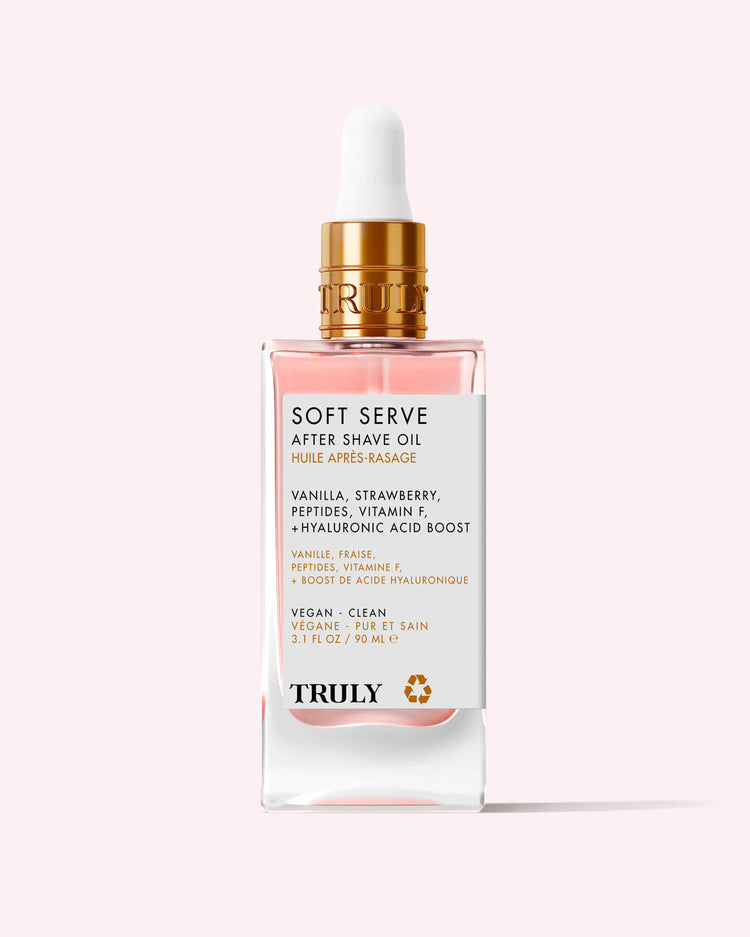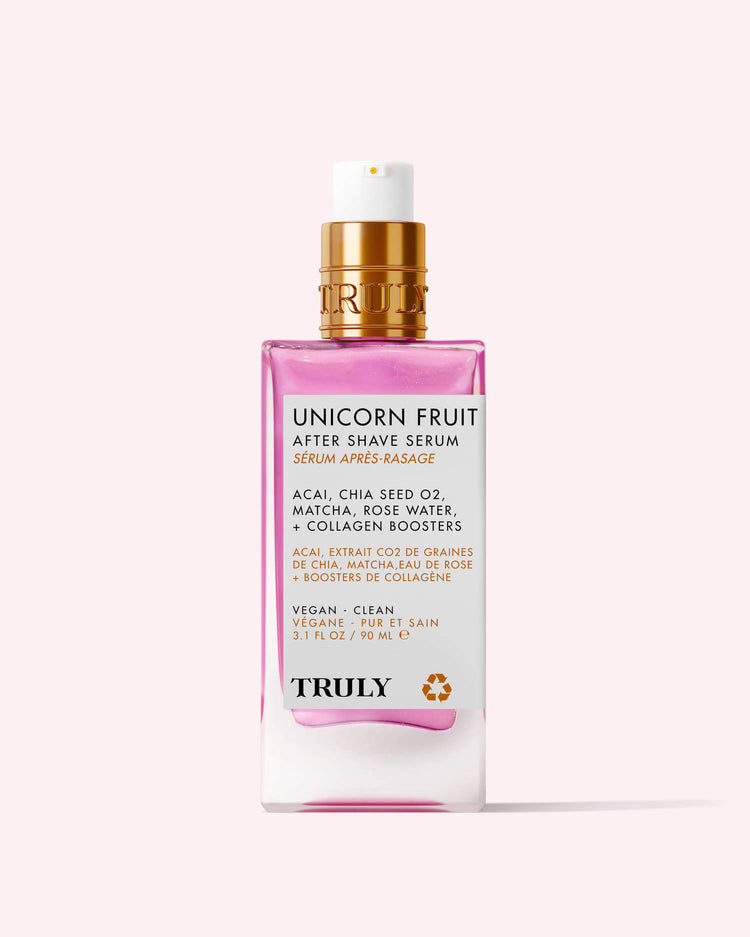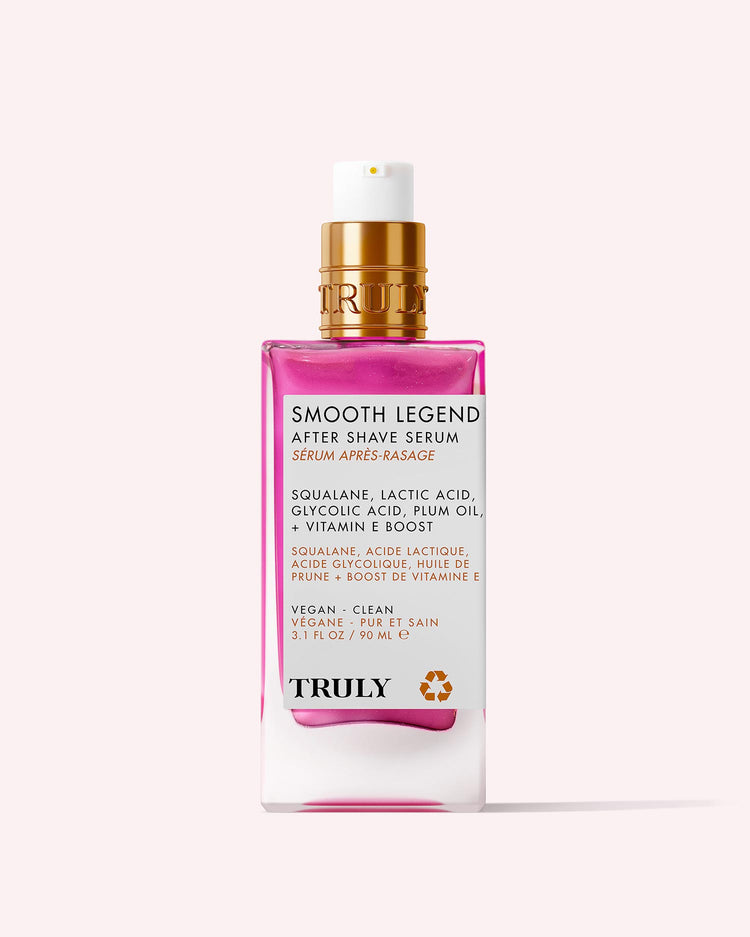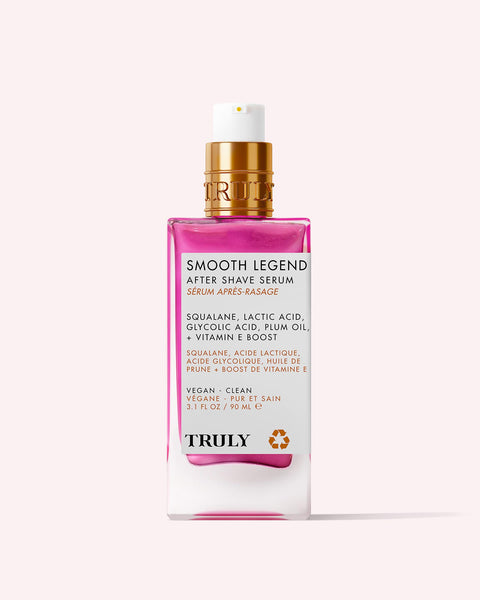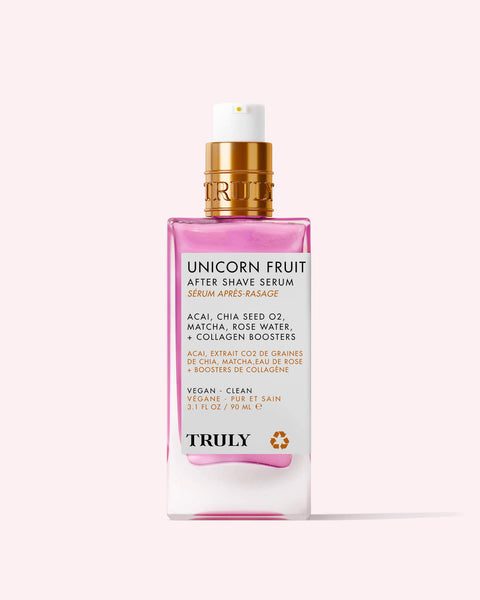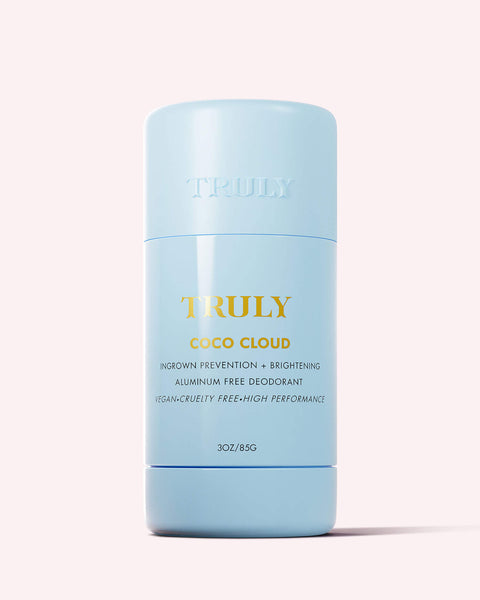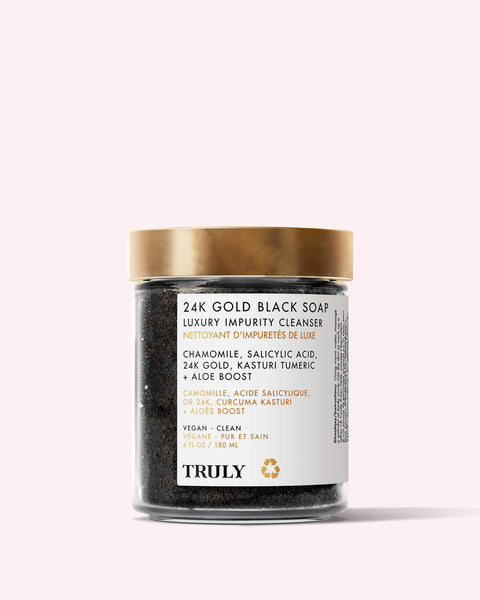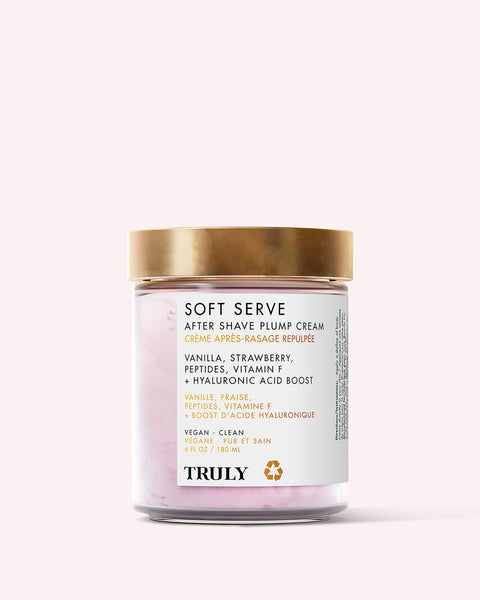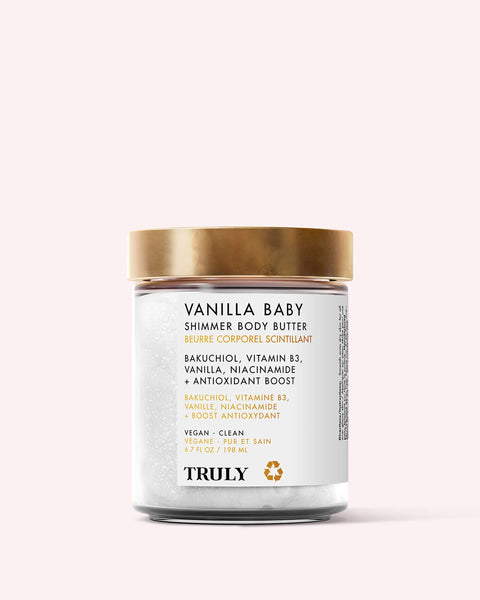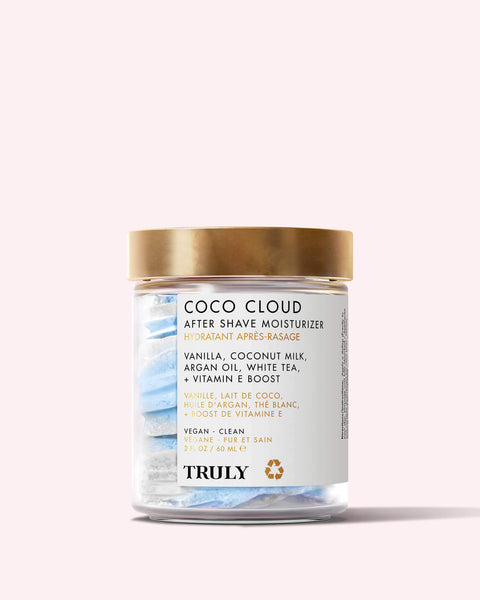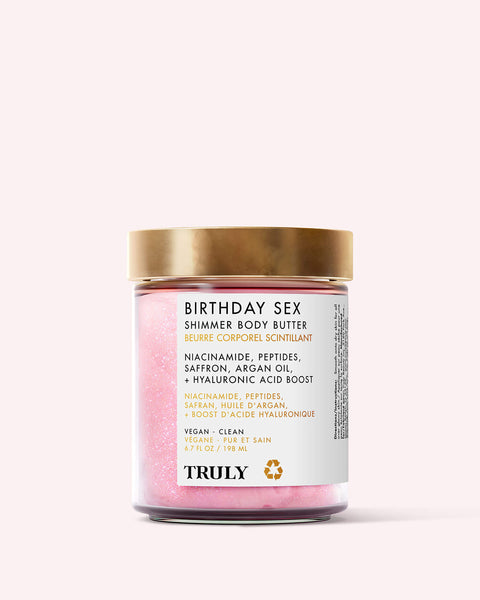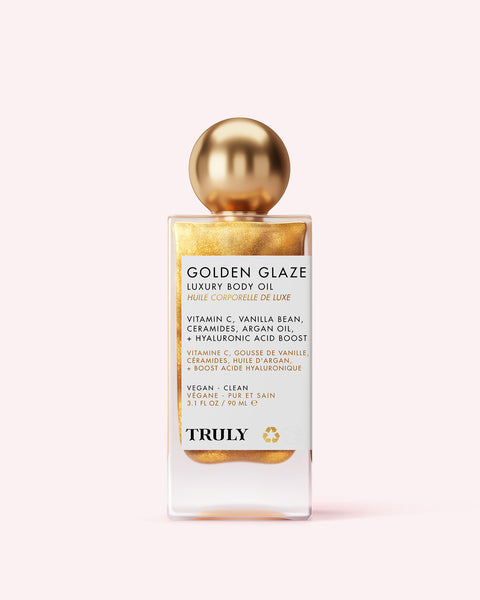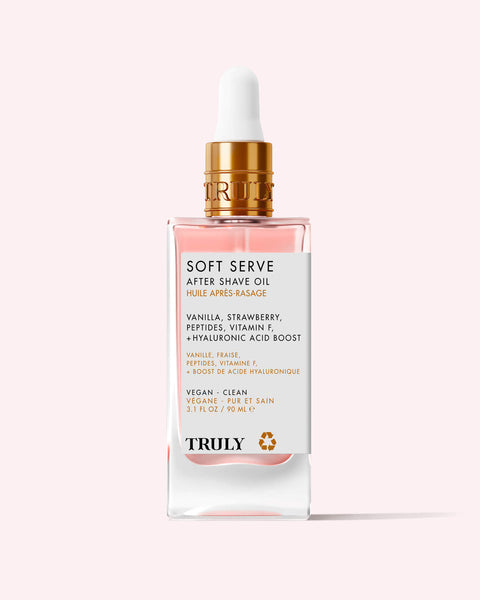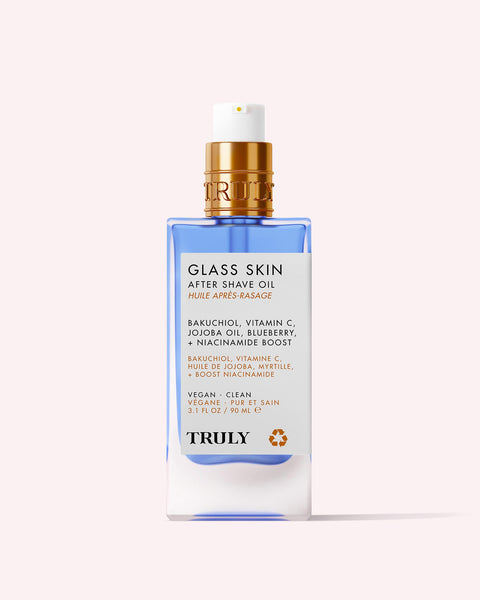Why Your Skincare Routine Should Change Seasonally

In order to keep your skin clear and glowing all year-round, you’ll need to adjust your skincare routine according to the season.
Sound like a lot of work?
Think of it the way you think of your wardrobe. You wouldn’t wear shorts in the winter, just like you wouldn’t wear a knee-length puffer in the spring. Your skincare routine is no different.
Adapting your regimen to the season can prevent a lot of unwanted effects and keep your skin healthy, happy, and vibrant every month of the year.
Here, we take a look at why your skincare routine should change seasonally – and how to do it!
SEASONS AND SKINCARE: WHAT YOU SHOULD KNOW
If you’ve been following exactly the same skincare routine using the same products all year-round, that could be the reason why your skin breaks out in the summer and your skin dries out in the winter.
“The environmental conditions of where you live can impact the way your skin behaves, so paying attention to the weather will effect what types of treatments it needs,” explains Saison skin care founder Julie Kim. “Most people also tend to have a seasonal diet, whether or not you’re conscious of it, so you have an abundance of fruit and vegetables in the spring and summer, and your skin does reflect the things you are eating internally.”
You’ll generally also notice that your complexion tends to be oilier in the summer and drier in the winter, suggesting that a different cleanser and moisturizer are needed for those seasons.
The main lesson to be learned here is that each season – especially summer and winter – requires different skincare products in order to keep your skin thriving.
Let us share with you some tips for season-izing your skincare routine.
Summer
During the summer months, your sebaceous glands go into overdrive. As a result, your skin produces excess oil to cool down your skin, which often leads to breakouts.
Choose an acne-fighting cleanser and oil-free moisturizer with SPF 30 to keep your skin blemish-free throughout the summer season.
Avoid rich, creamy moisturizers as these are too heavy on the skin in summer – another potential culprit for acne. Opt for a lightweight, non-greasy moisturizer to keep your skin hydrated without adding to much oil.
“When you feel like you’re sweating under your moisturise, and it feels like it’s sliding off, that’s a sign you may need to change to a lighter moisturiser,” says spokesperson for the Australasian College of Dermatologists (ACD), Dr. Karen Koh. “You don’t want to feel as though you are sweating underneath your make up.”
You’ll also want to avoid using too much vitamin C and retinol during the summer months, as these ingredients can cause photosensitivity when worn in the sun.
Autumn
As you shift from summer to autumn, dermatologists recommend using a more hydrating face wash to prepare your complexion for the drier weather to come.
Start moisturizing your skin and lips as well as you can to prevent peeling and cracking – as this is the time of year where they’re most prone to chapping. Focus more attention on your hands too. The skin on the back of your hands is thinner than that on your face, leaving you more vulnerable to dryness and premature aging. A rich, moisturizing hand cream should work wonders.
Don’t forget to invest in a hydrating facial serum, too, to prep your skin for the cool months approaching!
Winter
Winter is one of the harshest seasons for your skin, and a season that requires the most TLC. That’s because the weather can irritate your skin, causing redness and flakiness.
This is the season to invest in quality facial oils and lotions to alleviate dryness and maintain a healthy, glowing complexion. Opt for ingredients like shea butter and coconut oil for their moisturizing qualities. Look out for products that contain vitamin C for its brightening effects – your skin needs a little boost to help in glow in the cooler months.
“I highly recommend keeping at least three steps after cleansing: toning mist, serum, and a moisturizing cream to deeply hydrate your dry skin. For an extra boost, add in a light eye cream,” says Angela Kim, founder of Savor Beauty.
Avoid taking hot showers as this can dry out and irritate the skin, causing an imbalance of the skin’s natural protective oils.
And don’t forget, SPF is still important – even in the winter. So continue slathering it on your skin whenever you go out.
Winter skincare demands a lot more moisturization, both on your face and body. So make sure you’re applying moisturizer 1-2 times per day to keep your skin smooth and ward off dryness.
Spring
Winter may leave your skin dry and damaged, so spring is the season to spring clean your skincare routine. Opt for a gentle exfoliator to slough away old skin cells and reveal a glowing complexion, and a glow-inducing face mask to repair, heal, and brighten your complexion.
For daily use, choose a nourishing facial cleanser and resurfacing face serum to get your complexion back to what it once was and ready for summer!
With spring comes a lot of fresh produce, so we highly recommend making the most of fresh fruits and veggies that contain antioxidants to protect skin from cell damage caused by UV rays and pollution. Your diet plays a huge role in the appearance of your skin, after all. So try to get in two to five servings of fruits and vegetables daily.
As convenient as it would be to have an all-year-round skincare routine, unfortunately skincare doesn’t work that way. So many things can alter the condition of your skin – hormones, stress levels, diet, specific ingredients, and of course, seasons.
To help you get through the mind field that is seasonal skincare, we’ve created this guide with useful tips to help you establish season-specific skincare routines.
You don’t need to switch your entire routine with each new season, but you can add in and replace certain products to best care for your complexion.
